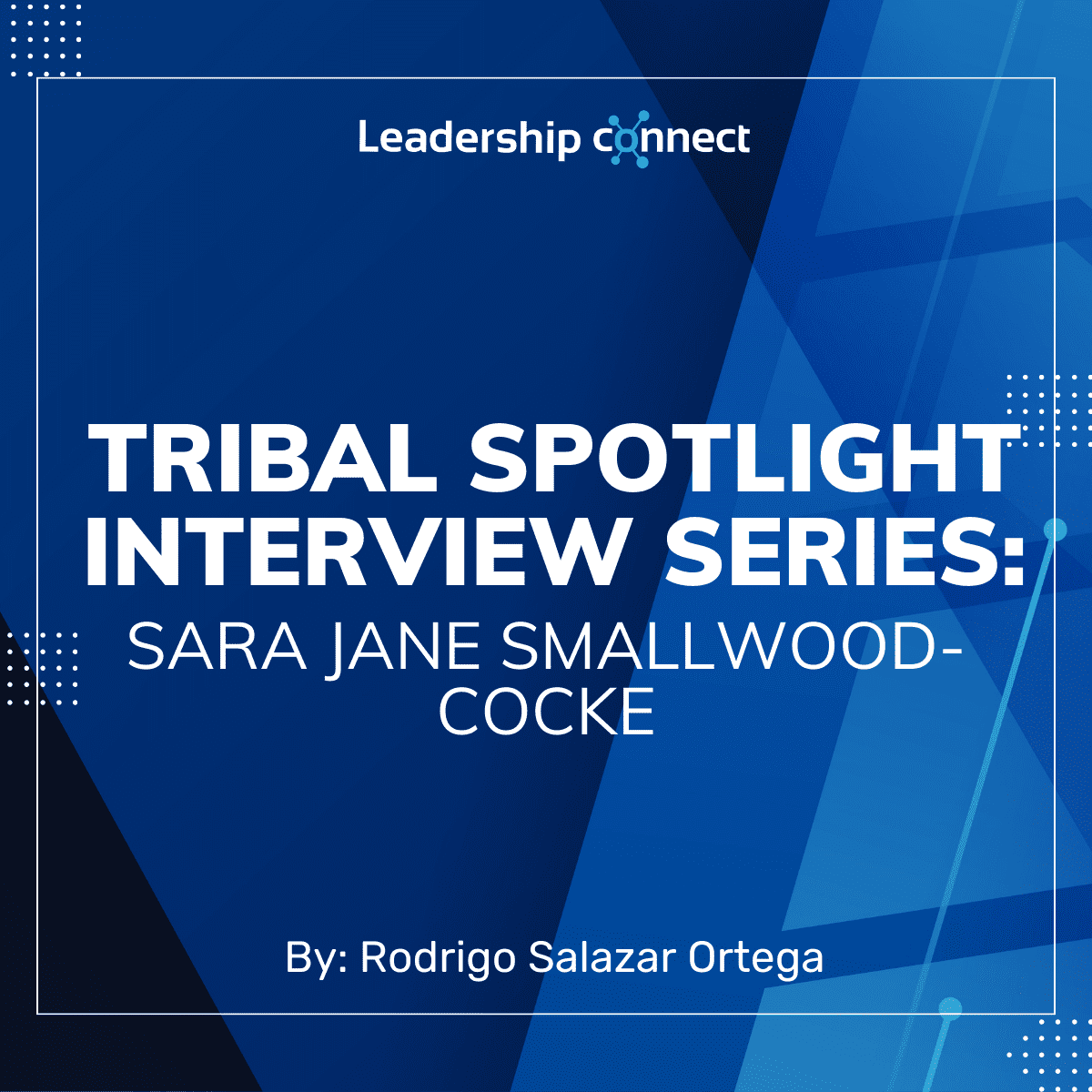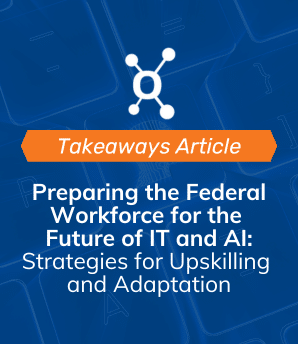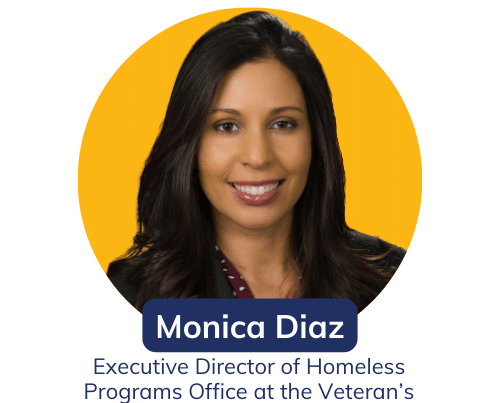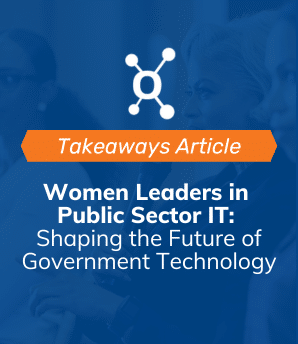Last week I interviewed Sara Jane Smallwood-Cocke, Senior Government Relations Strategist at the Choctaw Nation of Oklahoma.
Can you tell me about your career path that has led you to where you are now?
I grew up in Clayton, Oklahoma, which is in Pushmataha County. Chief Pushmataha was one of our most famous chiefs who died in Washington, DC while advocating for the Choctaw people. I also grew up near the Choctaw Capitol grounds where our Council House, gathering area, and meeting grounds are, and where we have our annual festival. It is a cultural and historic site. I was always fascinated with Choctaw history, and I wanted to always live and work in the area where I grew up and serve the Choctaw Nation. When I went to college, I pursued an undergraduate degree in agriculture as well as a minor in American Indian studies. After college, I moved to Washington, DC where I worked as an intern on Capitol Hill for a while. I then worked at a nonprofit and a federal agency before going back to graduate school and focusing on public policy, public affairs and local government management before then coming back to work for the Choctaw Nation.
How did you become passionate about the intersection of tech, government, and tribal communities, and how do you stay informed and engaged in those areas?
I really give a lot of credit to my tribal Councilman, the late Jack Austin Sr. When I was growing up, I knew I had a passion for learning about politics and policy, wanting to go to DC, and he helped me get a small grant from the Choctaw Nation to pay for my living expenses. I could not have done that without him. My parents are both college educated. They’re both public school teachers, one is now retired, but we didn’t have the extra funding for me to be able to live and work in DC and to get that experience that’s so vital. I love the Choctaw people; we live in the most beautiful place in the world, and I knew I wanted to be able to have that career here. So, I credit him. He was a wonderful, wonderful man who gave me the opportunity to get the skills I needed in Washington, DC, and then translate that and bring it back home. I also credit Chief Gary Batton, who at the time was the head of our school board and so I got to see that example, the public service from him, my parents, and from many others. You give back to your community, run for office, and serve in any way possible. That was so instilled in me that I wanted a career doing that, and I’m honored to have the opportunity to do that now.
What do you believe sets Tribal Government Relations apart as a unique work environment, and how do you navigate its challenges in your everyday work?
I think it’s unique in that we work a lot with external governments and external community partners and share our message and how we can partner and how we can work together. My job currently focuses on working with county and municipal governments in Oklahoma. I took on these roles full time, about four or five months ago, so I’m relationship building, seeing how we can work together, and I’ve learned a lot along the way. I also serve on the Wilburton City Council myself, but in Oklahoma we have a lot of different types of municipal forms of government, so learning how different municipalities work has been really enlightening and informative to me, and seeing different ways they could interact with our tribal government has been informative.
Describe a challenging or rewarding project that significantly influenced your growth as a professional. How did you handle the challenge, and what did you learn from the experience?
I think one instance that sticks in my mind is when President Obama came to the Choctaw Nation in 2015, I was the lead Choctaw Nation staffer for that visit. I had to interact with the White House advance team, the Secret Service, and our tribal leadership. A picture from that historic event is now in our Choctaw Cultural Center. I walked by it recently, and thought, oh my gosh, something I was part of is now part of Choctaw history! It’s easy to get caught up in day-to-day moments and not see the bigger picture and progress of policy and political work. That meeting between Chief Batton and President Obama was literally sovereignty in action, as the heads of two nations met within the Choctaw Nation’s reservation. It’s important to realize the lasting impact visits and events like that have on tribal engagement and how important it is to get our tribal members to vote. That’s part of my duties, getting out to vote, making sure our Choctaw people are registered and able to vote. It is also crucial to support our Choctaw candidates who are running for office. It is all intertwined. We as the Choctaw Nation interact with the federal government in a Nation-to-Nation relationship, and it is important to vote for those officials who will work with our elected officials—Chief, Assistant Chief, and Tribal Council — to be empowered to make sound decisions and affect change for things happen at every level of government.
There are many challenges that we need to tackle especially with the uniqueness of being a sovereign nation and still part of the United States. It’s hard in Oklahoma, especially because we have closed primaries. We work to educate people on what their ballot will look like and when they can vote. We do live in a very rural area and some people have to travel an hour or two to vote early at the county seat, or they live in one town but work in another and have a long drive to their polling place. Our goal is not to tell anyone who to vote for, but to provide information so Choctaw people can be informed and empowered voters. Thinking back to history, we’ve literally had a Chief die while advocating for our people in Washington, DC, and Andrew Jackson gave him a hero’s funeral through Washington, DC at the Congressional Cemetery; those offices DO matter; our votes DO matter. As it’s a presidential election year, voting is especially important for federal and state officials. The Choctaw Nation affects my daily life, and people we elect are the ones fighting for our sovereignty and building the Nation-to-Nation relationship between Indian Country and United States of America. It is imperative that we vote in tribal elections, as well as federal, state, and local elections to elect officials who protect our sovereignty.
What advice would you give to someone navigating how to bridge the gap between traditional practices and modern governance structures?
For tribal members I would say get involved with your tribe. Go to tribal council meetings, get to know your elected officials at every level: tribal, federal, state, and local. These people really, truly do make a difference in our daily lives for better or worse. It’s important to know those people to understand that process and to be involved. To me, that’s part of being a citizen of a tribal nation or a citizen of America. Everyone can do their part just by showing up.
It’s important for people who aren’t tribal members but are in some policy or political sphere to understand tribal issues. I would even say everything is a tribal issue! Our tribal governments are sophisticated, efficient, and dedicated to improving the lives of tribal members and everyone in their area. Nations are involved in healthcare, commerce, many different industries, and public policy has a large impact in Indian Country. For elected and appointed officials, and those in the political/government arena, I think it’s important to read and learn about the history, culture, and governance of tribal nations. All tribal nations have their own government, and we’re all unique and different. Some have 4 branches of government where others have 3, some have different terms or term limits in office–all things that affect policy and decision making. I think for people who are in the policy space, you can gain an even deeper understanding of politics, governance, and leadership in America by understanding and working with tribal nations. Come to it with an open mind, open heart and learn about how we all are unique, different, and strong sovereign nations.
Word Association, what is the first word that comes to mind for each of there?
- Policy – Rights
- Networking – Fun!
- Communications – Crucial
- Leadership Connect – Informative Resource






